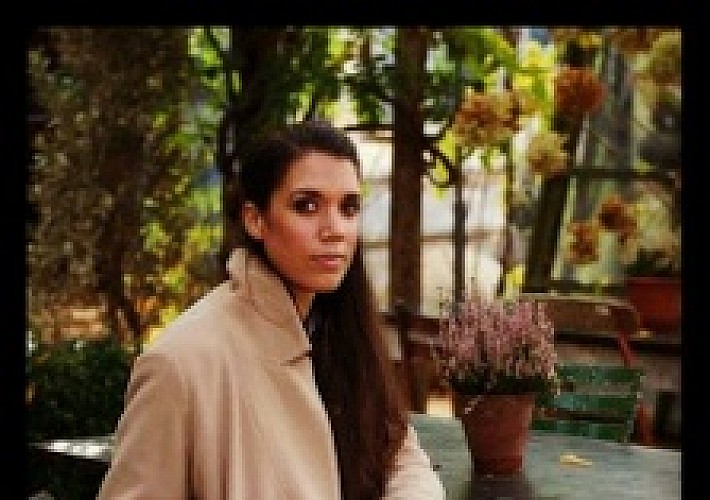The Menstrual Cycle: Life Map by Kate Merrick, London, England
The Menstrual Cycle: Life Map By Kate Merrick
Joan’s note: I met Kate through The Society for Menstrual Cycle Research.She lives in the UK and is a psychotherapist. I find her work fascinating and as you review the webinar, A Woman’s World: Discovering the Dynamic Menstrual Cycle,you will be able to visually follow what she is talking about related to the four phases of the menstrual cycle.
My research is now based around how reconnecting to our bodies through our menstrual cycle, supports women in re-discovering our vitality, and our authentic selves. This is why women essentially come into psychotherapy.They report low and erratic moods, low self-esteem, self-hate, shame and a critical dulling of the senses. With one exception I can think of, all of my female clients have come into therapy completely disconnected / disassociated from their bodies, thinking only of themselves as intellectual beings, caught up in their thinking mind, and stuck firmly in a way of thinking that can be best described as reactive and self-punishing.I propose,that by tracking and re-connecting to the four different and unique phases of our cycle, women gain back the information (and our power!) about the ebb and flow of our hormones, what impact each hormone has on our brain chemistry and body, thus impacting our moods, energy and behavior. The beauty of this, is that whilst each woman is unique, with their own phenomenological experience throughout the cycle, for the majority of us, we collectively have access to this internal blueprint; a map that simply put, indicates when:
-We will have less energy,when we will turn inward and feel more attuned to our instincts and internal landscape (Menstrual phase - the perfect time to slow down, meditate, reflect, take stock, center ourselves and attend to healing and nourishment).
- We feel more creative and as though new beginnings beckon, gently coming back to life and reconnecting to our energy and the external environment (Follicular phase - the time to re-direct energy toward stimulating projects, brainstorming, making
plans and socializing).
- We feel connected to others, our communication skills are heightened, we feel highly energized and dynamic (Ovulatory phase - the greatest time to
have meetings, to put those plans into action, to socialize with new people, you are magnetic!!).
- Our energy begins to decline, our sensitivities become heightened, we become more assertive,our moods typically swing toward impatience, irritability and depression, we notice things
that would have gone unnoticed throughout the rest of the
cycle and right now, we want to vocalize it! (Luteal phase - the time to nest, to attend to our home and to ourselves,to slow down and to attune
ourselves to those things that aren't quite working out for us or meeting our needs).
For me, reconnecting to the four phases of my cycle and living life according to these phases rather than against them has completely transformed my emotional, mental and physical well-being. Living life in deep contact with my natural cyclical nature,has meant I am no longer trying to force myself into
a more masculine linear
"doing" type of lifestyle. This alleviates pressure, shame and that dangerous and oh so common thing that women do,comparing ourselves to other sin an unfavorable, "I'm less than" type of way.
Reconnecting to our cycle
also has the potential to transform our relationship with our bodies. The focus becomes on our internal workings as we begin to nourishing ourselves from the inside out, as opposed to the outside in, which is incredibly hard to steer away from in Western culture. The menstrual cycle gives us the greatest vehicle in which to do this.
So this is what I’m currently researching and writing about. As far as I know, there is no integration or links being made between menstrual health and mental/emotional/physical health, in the field of psychotherapy and analysis. Focusing in such a one dimensional way in therapy, dismisses the totality of a woman's experience and perpetuates this splitting off in women, where the body remains a stranger and in many cases,the enemy, which of course has an effect on women, men and the world at large.
Library Click HERE
Podcast Click HERE


No Comments Yet...
Leave a reply